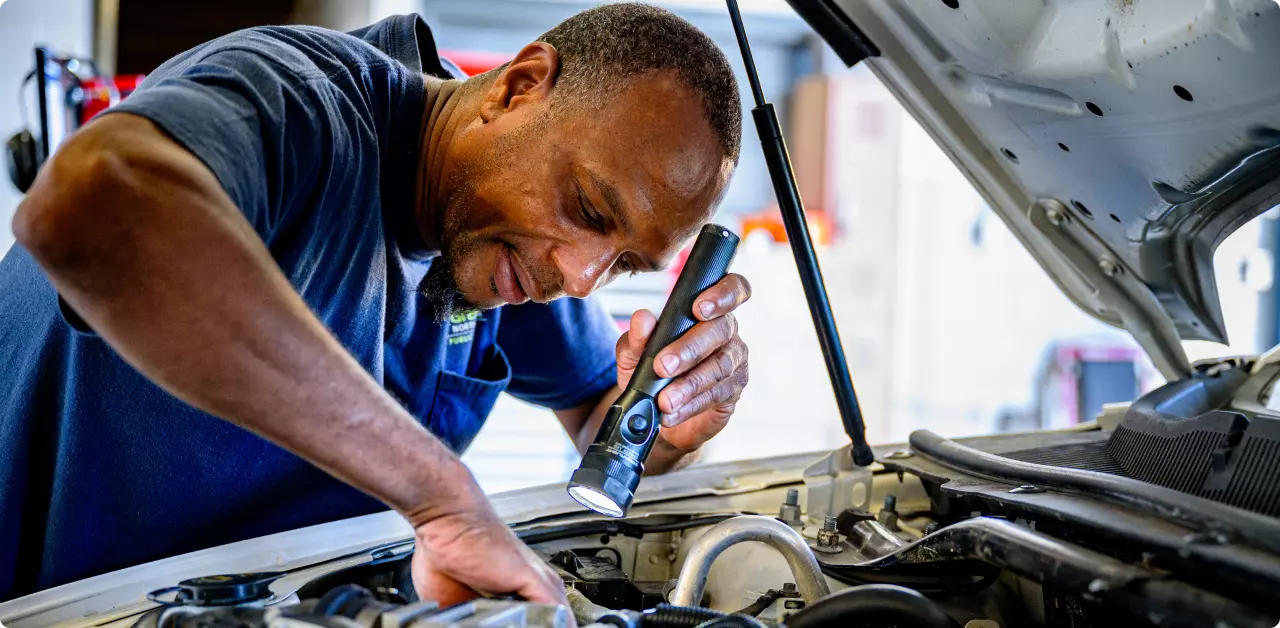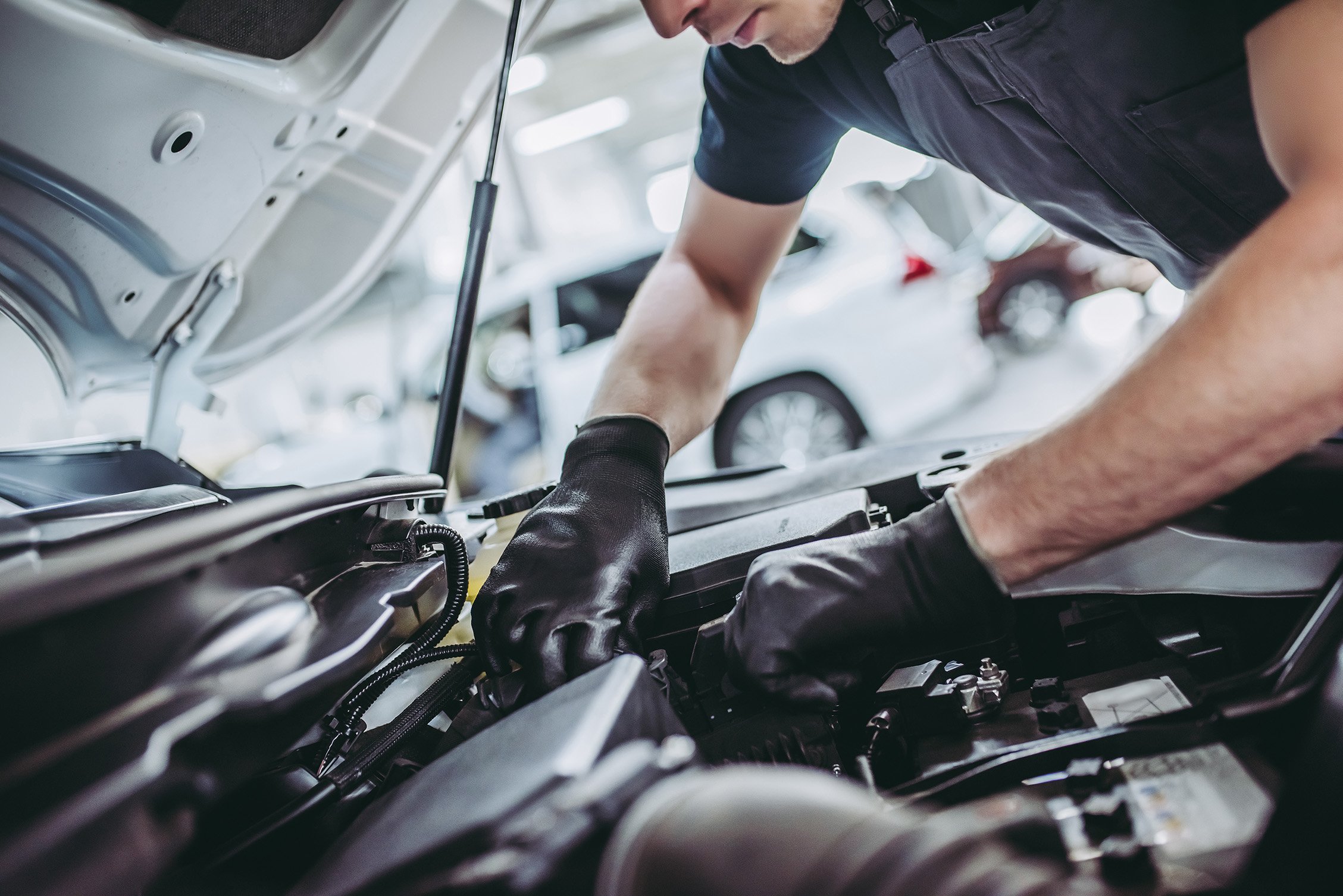Featured
When your vehicle gets too hot, it can seem like a major emergency, but remaining calm and adhering to the appropriate steps can prevent major engine damages and help get you back on the road safely. In this post, we'll explore what to do if your car overheats and provide preventative ideas to lower the danger of overheating in the future.
What to Do If Your Auto Overheats. If your cars and truck starts to overheat is to draw over to a risk-free spot as soon as feasible, draw Over to a Safe Location The very first and most essential step. Switch on your danger lights and guide your vehicle to the shoulder or right into a car park. Maintaining your vehicle running while it's overheated can create extreme damage to the engine, so it's essential to shut the engine off as soon as possible.
Allow the Engine Cool Down Once you've safely stopped, permit the engine to cool off. You must never attempt to open the radiator cap while the engine is still warm, as the launch of vapor or hot coolant can create burns. Wait at the very least 15-20 mins to permit the engine temperature to go down to a more secure level prior to proceeding.
![]()
Inspect the Coolant Level After the engine has cooled, examine the coolant degrees by evaluating the storage tank or radiator. If it's low, top it off with a blend of coolant and water (as specified by your lorry's producer) Always utilize caution when opening up the coolant storage tank, as stress may have developed.
Search For Visible Leaks While you wait for the engine to cool down, aesthetically inspect the radiator, pipes, and coolant tank for any type of noticeable leaks or fractures. A dripping radiator or hose is a typical cause of overheating. If you find a significant leak, it's much better to call a tow service than threat driving additionally and triggering extra damages.
Restart the Engine After enabling the engine to cool down and ensuring the coolant is covered off, begin the engine and monitor the temperature gauge. If the temperature continues to increase quickly, it's finest to shut the engine off and ask for roadside aid or a tow to the nearest auto mechanic.
![]()
Just How to stop Getting Too Hot in the Future. Frequently Examine Coolant Levels One of the easiest means to protect against overheating is by keeping the ideal degree of coolant. Over time, coolant can evaporate, so on a regular basis check the coolant degrees in the storage tank. Reduced coolant levels can cause the engine to get too hot promptly, so top it off as needed.
Examine the Radiator The radiator plays an important duty in keeping the engine cool. Periodically check the radiator for any type of blockages, dirt, or debris that might block air movement. If you notice any indicators of damages, such as corrosion or leakages, have it fixed or replaced as soon as possible.
The thermostat manages the circulation of coolant, while the water pump circulates it via the engine. If either component is defective, it can avoid appropriate cooling.
Flush the Cooling System In time, coolant can deteriorate and come to be ineffective, creating a build-up of particles in the system. Purging the cooling system every 30,000 miles, or as recommended in your automobile's manual, assists to remove any sludge or build-up and guarantees the cooling system is working correctly.
Monitor the Problem of the Hoses The hoses in your car's air conditioning system can wear or fracture over time. Examine the hose pipes for any type of signs of wear, such as protruding, cracks, or leaks, and replace them if needed. Stopping coolant leaks can go a lengthy method in staying clear of overheating.
![]()
Drive Properly Hostile driving, such as speeding up rapidly or driving at broadband, puts added strain on your engine and its cooling system. Try to drive at modest rates, particularly on hot days or when driving on high inclines, to reduce the opportunities of overheating.
Stay Clear Of Straining Your Car Bring too much weight in your vehicle places stress and anxiety on the engine and air conditioning system. Always be mindful of your automobile's weight restriction, specifically if you're hauling hefty lots, hauling a trailer, or driving cross countries in heat.
Conclusion. An overheating cars and truck can be a frightening experience, however understanding how to react and prevent it can save you time, cash, and possible engine damages. Constantly examine your coolant degrees, evaluate crucial elements like the radiator, thermostat, and pipes, and comply with a routine maintenance schedule. By staying on top of your lorry's air conditioning system, you can decrease the threat of overheating and delight in a smoother, much safer driving experience.
What to Do If Your Auto Overheats. If your cars and truck starts to overheat is to draw over to a risk-free spot as soon as feasible, draw Over to a Safe Location The very first and most essential step. Switch on your danger lights and guide your vehicle to the shoulder or right into a car park. Maintaining your vehicle running while it's overheated can create extreme damage to the engine, so it's essential to shut the engine off as soon as possible.
Allow the Engine Cool Down Once you've safely stopped, permit the engine to cool off. You must never attempt to open the radiator cap while the engine is still warm, as the launch of vapor or hot coolant can create burns. Wait at the very least 15-20 mins to permit the engine temperature to go down to a more secure level prior to proceeding.

Inspect the Coolant Level After the engine has cooled, examine the coolant degrees by evaluating the storage tank or radiator. If it's low, top it off with a blend of coolant and water (as specified by your lorry's producer) Always utilize caution when opening up the coolant storage tank, as stress may have developed.
Search For Visible Leaks While you wait for the engine to cool down, aesthetically inspect the radiator, pipes, and coolant tank for any type of noticeable leaks or fractures. A dripping radiator or hose is a typical cause of overheating. If you find a significant leak, it's much better to call a tow service than threat driving additionally and triggering extra damages.
Restart the Engine After enabling the engine to cool down and ensuring the coolant is covered off, begin the engine and monitor the temperature gauge. If the temperature continues to increase quickly, it's finest to shut the engine off and ask for roadside aid or a tow to the nearest auto mechanic.

Just How to stop Getting Too Hot in the Future. Frequently Examine Coolant Levels One of the easiest means to protect against overheating is by keeping the ideal degree of coolant. Over time, coolant can evaporate, so on a regular basis check the coolant degrees in the storage tank. Reduced coolant levels can cause the engine to get too hot promptly, so top it off as needed.
Examine the Radiator The radiator plays an important duty in keeping the engine cool. Periodically check the radiator for any type of blockages, dirt, or debris that might block air movement. If you notice any indicators of damages, such as corrosion or leakages, have it fixed or replaced as soon as possible.
The thermostat manages the circulation of coolant, while the water pump circulates it via the engine. If either component is defective, it can avoid appropriate cooling.
Flush the Cooling System In time, coolant can deteriorate and come to be ineffective, creating a build-up of particles in the system. Purging the cooling system every 30,000 miles, or as recommended in your automobile's manual, assists to remove any sludge or build-up and guarantees the cooling system is working correctly.
Monitor the Problem of the Hoses The hoses in your car's air conditioning system can wear or fracture over time. Examine the hose pipes for any type of signs of wear, such as protruding, cracks, or leaks, and replace them if needed. Stopping coolant leaks can go a lengthy method in staying clear of overheating.

Drive Properly Hostile driving, such as speeding up rapidly or driving at broadband, puts added strain on your engine and its cooling system. Try to drive at modest rates, particularly on hot days or when driving on high inclines, to reduce the opportunities of overheating.
Stay Clear Of Straining Your Car Bring too much weight in your vehicle places stress and anxiety on the engine and air conditioning system. Always be mindful of your automobile's weight restriction, specifically if you're hauling hefty lots, hauling a trailer, or driving cross countries in heat.
Conclusion. An overheating cars and truck can be a frightening experience, however understanding how to react and prevent it can save you time, cash, and possible engine damages. Constantly examine your coolant degrees, evaluate crucial elements like the radiator, thermostat, and pipes, and comply with a routine maintenance schedule. By staying on top of your lorry's air conditioning system, you can decrease the threat of overheating and delight in a smoother, much safer driving experience.
Latest Posts
Uncover Oil Changes & More: Complete Auto Care Solutions from Montclare Auto Repair
Published May 24, 25
1 min read
Join Your Financial Partner at WyHy – Key Advantages for Your Money Goals
Published May 23, 25
1 min read
Discover WyHy FCU – Financial Freedom for Your Success
Published May 23, 25
1 min read
More
Latest Posts
Uncover Oil Changes & More: Complete Auto Care Solutions from Montclare Auto Repair
Published May 24, 25
1 min read
Join Your Financial Partner at WyHy – Key Advantages for Your Money Goals
Published May 23, 25
1 min read
Discover WyHy FCU – Financial Freedom for Your Success
Published May 23, 25
1 min read